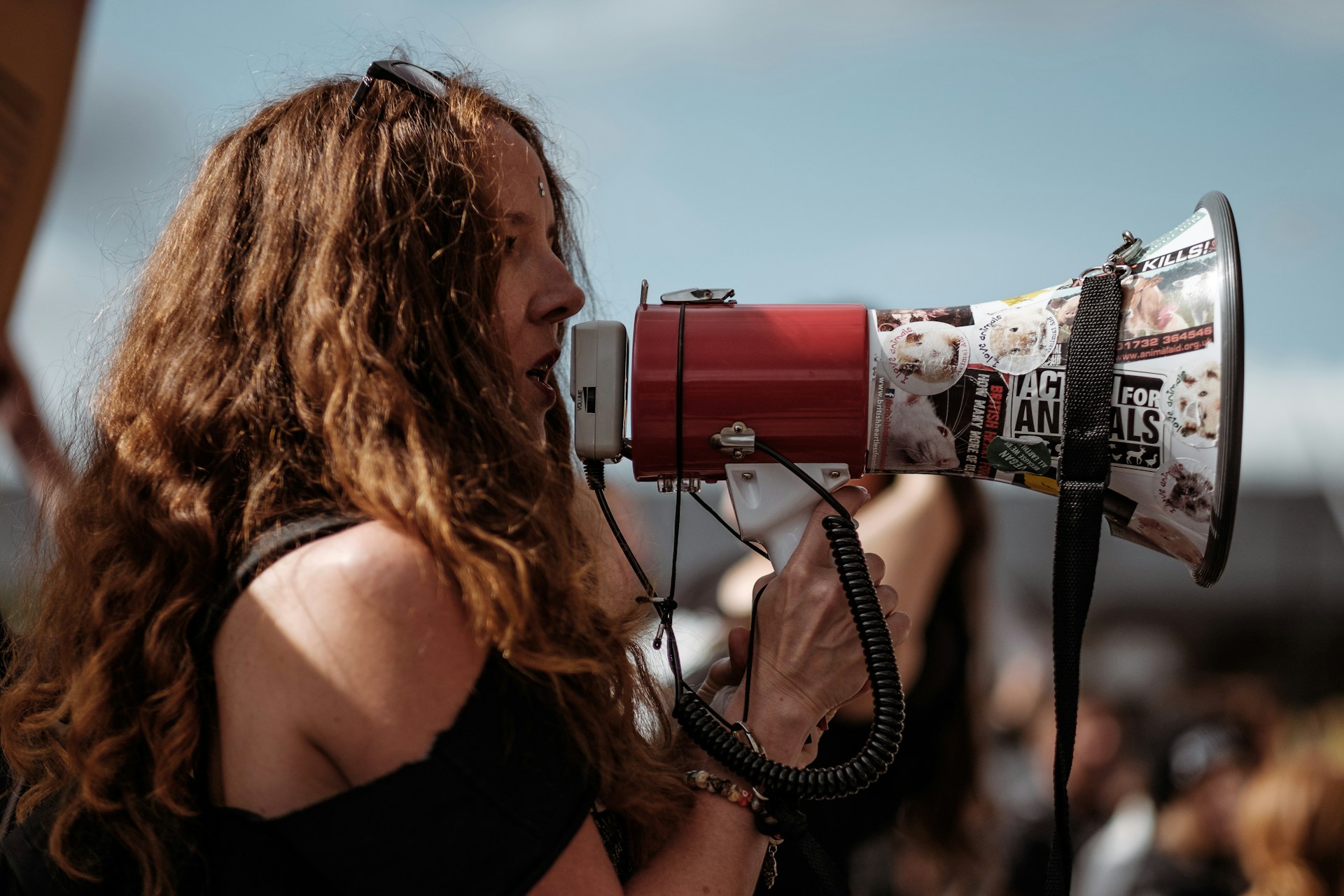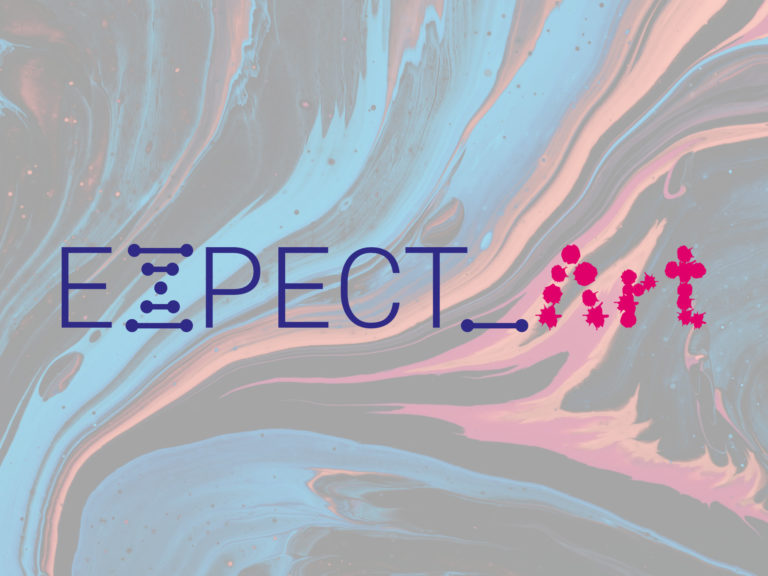Summary
This research aims to help increase the understanding of how success and failure in high school has been addressed, from the study of how young people relate to knowledge within and outside the school. To explore this research question this project is divided into four parts. The first explores, through discourse analysis, the representations that guide studies in Spain around ‘success and failure in school’ since the adoption of the LOGSE. The second explores how a group of 20 young people (considered by teachers as ‘success’ or ‘failure’ examples), relate to knowledge inside and outside of school (Charlot, 2000). The third part focuses on a study based on responses from a sample of 1100 young people to an adaptation of the questionnaire used in the European project ENCOMPASS (Osborn, et al., 2003), conducted in order to understand the different ways to link high school students with school and learning. Finally, the research concludes by relating the results of its three parts, so that from this analysis it can be derived not only alternative perspectives on what counts as ‘success and failure’ in schools, but proposals to help build an inclusive secondary school in which all students can find a place to learn, and about themselves and others.
Presentation
The need for the project arose from the finding that students in countries with success in PISA2003 tests say they do not feel part of the school in the following proportion: Finland (21.3%), Korea (41, 4%), Canada (20.5%) and in the case of Spain (24%). To these figures we must attach the other side of the coin: 31.1% of young Spaniards drop out of school before completing compulsory secondary education. These data of dissatisfaction, abandonment and droping out of high school show that something is happening in this period of schooling that demands not only urgent measures, but an analysis to propose alternatives. The purpose of this project is to contribute to what is now an international need (Hargreaves, Earl and Ryan, 1998;. Osborn et alt, 2003; Birbili, 2005, The World Bank, 2005; Bottani et al., 2005; Hernandez, 2006) and has been raised as follows: Are the current high schools prepared to respond to the changing world of the twenty-first century […], with ever growing information overload, the growth of complexity in some work environments, and the diversity of students and social problems? In other words, are schools prepared and equipped to provide students with the knowledge, strategies and attitudes necessary to cope with these changes? (Birbili, 2005: 313). This question seems pertinent and prompts us to review the purposes of secondary education and interpret the response of “alienation, apathy, disaffection, boredom and apprehension“ (idem, 313) given by young people. To answer these question this project is set to study the relationship of young people considered ‘successes’ and ‘failures’ with the knowledge that high school gives and that they will find outside.
Objectives
- To contribute to the conceptualization of the notions of ‘success’ and ‘failure’ in school, from discourse analysis of official documents and studies in Spain since the enactment of the LOGSE (1990) to provide evidence on the phenomenon of success and school failure.
- To bring out ideas about success and failure in school and their relationships with the knowledge of the members of the research group, in order not only to reveal the conceptions on the subject, but to carry out a study from a narrative perspective from the evidence provided.
- To explore the question of ‘success’ and ‘failure’ on a school focused on theming meanings that allows us to capture and represent the experiences of young people and their relationships with knowledge (learning) in and out of school.
- To situate the relationship between young people and knowledge in a comparative perspective, from the analysis of the results of the responses of a sample of 1100 young people to an adaptation of the questionnaire used in the European project ENCOMPASS.
- To triangulate the results of three studies related to the above objectives in order to articulate the similarities and discrepancies in order to define actions that can contribute to building an inclusive high school.
- To disseminate the results of the study among those responsible for educational policies and the educational community, both families, faculty and students, in order to contribute to a new narrative for high school.
- The ultimate goal of the project is to contribute to building an inclusive high school that enables all students to find their place to learn.
Results
Publications
Hernández, Fernando; Tort, Antoni (2009) Cambiar la mirada sobre el fracaso escolar desde la relación de los jóvenes con el saber. Revista Iberoamericana de Educación, n.º 49/8 – 10 de julio de 2009
Conferences
HERNÁNDEZ, Fernando (2009) La práctica escolar como espacio de creación de saber pedagógico. Conferencia inaugural de las Jornadas de Grupos de Trabajo 09. Málaga, 27 de mayo
Papers
DURÁN, Noemí (2009) Exploring the strangeness in the educational experience. ECER Conference, Viena, 26-29 de septiembre.
HERNÁNDEZ, Fernando; CONTRERAS, José; PADILLA, Paulo; LÓPEZ, Asunción; NURI, Anna ; PORRES, Alfred; and Durán, Noemí (2009) Out of Place. Researchers’ positionalities studying young people’s savoir experiences. ECER Conference, Viena, 26-29 de septiembre.
ROMANOS, Meritxell; CALVELHE, Lander; HERNÁNDEZ, Fernando; DURÁN, Noemi (2009) Confronting narratives: Coping with researchers experiences of savoir as starting point for studying young people savoir experiences. ECER Conference, Viena, 26-29 de septiembre.
Hernández, Fernando; Simó, Núria (2010) Questioning failure and success in secondary education from young people stories. ECER Conference, Helsinki, 24-27 de septiembre.
Participants
- Fernando Hernández (coordinator)
- José Contreras
- Antoni Tort
- Asunción López
- Nuria Simó
- Anna Nuri
- Gloria Díaz
- Noemí Durán
- Paola Cinquina
Collaborators
- Juana M. Sancho
- Paulo Padilla
- Mercè Valls
- Alfred Porres
- Oscar Moltó
- Luciana Rubio
Ministerio de Ciencia e Innovación. EDU2008-03287. 2008-2011.



